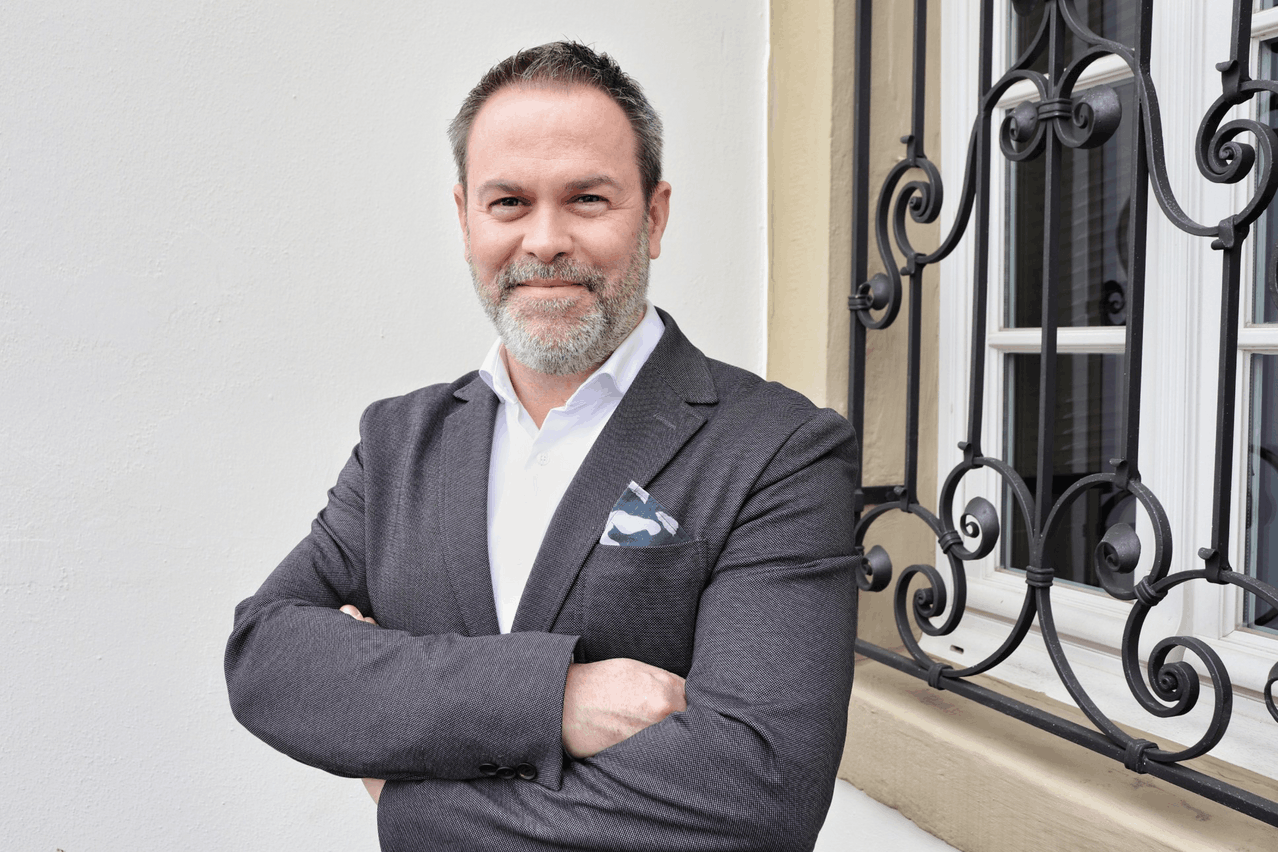It is March 30th, 2022 and the goals of the EU Green Deal „Fit For 55“ initiative, which aims to reduce greenhouse gas emissions by -55% until 2030 (vs. 1990) and to achieve climate neutrality by 2050, already seem far out of reach.
Take Luxemburg for example: for years the country has had the 2nd worst eco balance in the world, right behind Qatar. Its sustainability efforts are a work in progress and its industries require financial incentives as well as the provision and implementation of the actual tools and services to really help its economy master the obstacles on the pathway to carbon neutrality.
Today, companies are faced with multiple threats from different angles, such as:
- Exploding costs for energy and carbon taxation, particularly threatening the production and transportation sectors.
- New regulations like the EU-Taxonomy and the Corporate Sustainability Reporting Directive (CSRD), which will oblige up to 50,000 companies to report on their sustainability data. Even small companies may now be asked from their customer to report their data, too.
- Growing environmental consciousness: more customers and end consumers are asking for sustainable products from companies whose sustainable actions can be verified.
- Scarcity of resources through heavy exploitation, climate change and natural disasters.
- Global supply chain issues and territorial conflicts like the one currently happening in Ukraine
At first sight, the future looks grim, but according to recent studies, climate transformation can also offer many advantages for companies. Their brand awareness increases, they can attract new customers and better qualified workforce, their business model becomes more resilient and they can generate up to 8% more revenue.
Sustainability consulting and carbon management tools like the award-winning „SMP“ (Sustainability Management Platform) - an innovation made in Luxemburg - supports companies in their climate transformation and can be compared to a financial controling tool. This game-changing solution, for example, calculates the carbon footprint along the supply chain of companies from different sectors with certified calculations based on global standards like the Greenhouse Gas Protocol Scope 1-3 and others. It creates transparency on a company’s sustainability indicators and helps managers to identify emission sources and cost saving potentials more easily. As sustainability management should be an ongoing process, the SMP enables those responsible to monitor, continuously manage and improve their company’s sustainability KPIs in real-time and therefore has a positive impact on profit as well as on the achievement of climate goals.
Yes, these solutions and services come at a cost. But in the end, the price that governments and companies will have to pay for taking no or insufficient climate action will be much higher. The past has shown that inaction on sustainability issues leads to a much higher volatility and has an immediate negative impact on corporate profits.
It is therefore time to realize that the moment sustainability moves from being seen as a cost driver to being adopted as an innovation driver, companies move from being part of the problem to being part of the solution.
WAVES is provider of the award-winning Sustainability Management Platform and also offers sustainability management consulting services for businesses.
